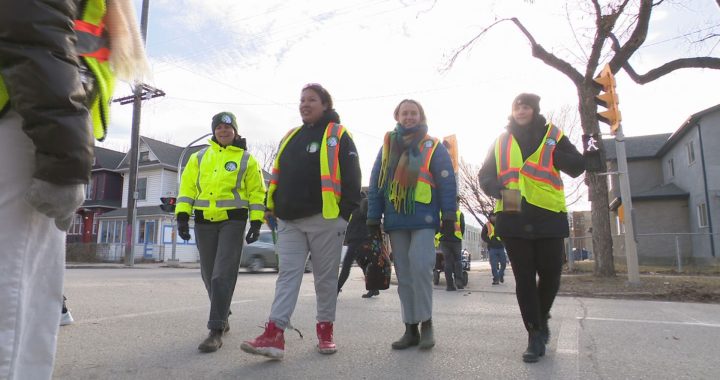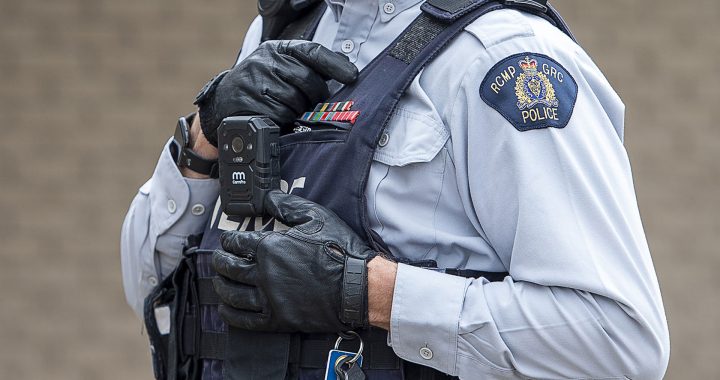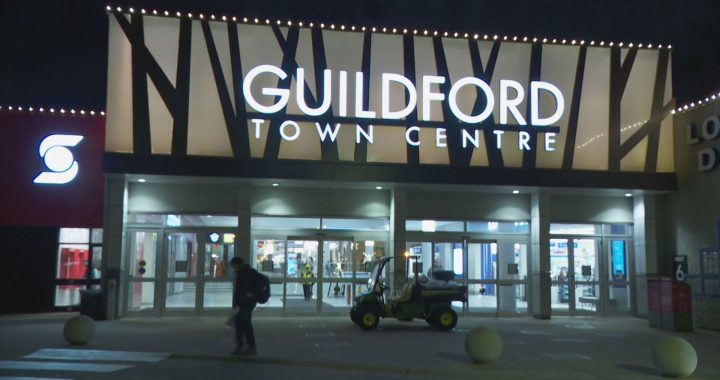The grand chief of Kahnawà:ke, just outside Montreal, isn’t sure that an Indigenous languages protection bill will solve the problems created by Bill 96.
“I kind of feel like they missed the boat, you know. There was a real opportunity, we asked for a delay, in terms of the passage of the bill. This kind of announcement would’ve been really warranted and needed back then, now it’s after the fact,” said Kahsennenhawe Sky-Deer .
“We know the election is upcoming in October, so you know, It kind of sounds like it’s kind of a last-ditch effort now to appease Indigenous people.”
Bill 96 amends the French language charter, upping language proficiency requirements for post-secondary students and immigrants, requiring French to be the operating language of businesses and limiting requirements for professionals to speak any language, among other things.
Ian Lafrenière, Quebec’s Indigenous Affairs minister, has been promising to find a workable solution with Indigenous people since the bill was passed.
On June 21, National Indigenous Peoples Day, he posted a video announcement on Facebook:
“I’ll be working over the next weeks, months, with Indigenous communities to build, to prepare a bill that will be protecting and promoting language and culture of First Nations,” said Ian Lafrenière on a video posted to
In his announcement, Lafrenière said regardless of the election outcome in October, the next government would have all the tools in place to ensure the protection of Indigenous languages.
But English-speaking First Nations and Inuit have been asking for an exemption from Bill 96 since it was introduced.
Kahnawà:ke has been among the most vocal opponents of the bill, with the Mohawk Council of Kahnawà:ke refusing to engage with the government until they address their issues with Bill 96.
“It’s an imposition. I keep going back to our history and the way we say that we had treaty relations with people who came across the salt water and that we would be equal, that people wouldn’t be legislating over our affairs, that they wouldn’t be trying to control us, and we haven’t seen that kind of, coexistence,” she said.
But minor exceptions have already been made, like the hiring of five new police officers in Akwesasne with Quebec funds – who will not be required to speak French, in spite of the bill’s requirements that French be the predominant language in workplaces.
“Because we work in two provinces here, Quebec and Ontario, and even if we were in Quebec, we’re sovereign, we will hire as we deem necessary. The language of choice here is English and Mohawk,” said Akwesasne Mohawk Police Chief Shawn Dulude.
However, Mohawk concerns over the preservation of Kanien’kéha go beyond their own communities.
They’re worried about the effects of the bill when students attend CÉGEP (Quebec’s post-secondary year that university students must complete), who will now have to meet stricter French-language proficiency requirements and complete more French-language classes, all while English CÉGEP spots will be capped.
They’re also worried about trying to work outside of the community, where French will be mandated as the main language of operations and about accessing the justice system, where judges will no longer be required to speak any language other than French, unless the justice minister deems it absolutely necessary that the judge for a certain district be able to speak English.
Sky-Deer said that Kanawà:ke is focused on preserving Kanienké’ha, not teaching community members another colonial language.
“We’re already doing the work, in the community, we have a lot of program and service delivery for those who want to learn the language,” said Sky-Deer.
“We have language nests, we have immersion schools, all of these could be beefed up in terms of resources, so I don’t necessarily think it’s going to help protect externally, unless, like I said, we have a full exemption.”
Despite her reservations, Sky-Deer said she is willing to consider what the government comes up with.
“After we lobbied pretty hard, I’ll say, to try to get an exemption or a carve-out from Bill-96, because we felt our Indigenous languages should be paramount to us having to learn French, this is, I guess, a step in the right direction,” she said.









